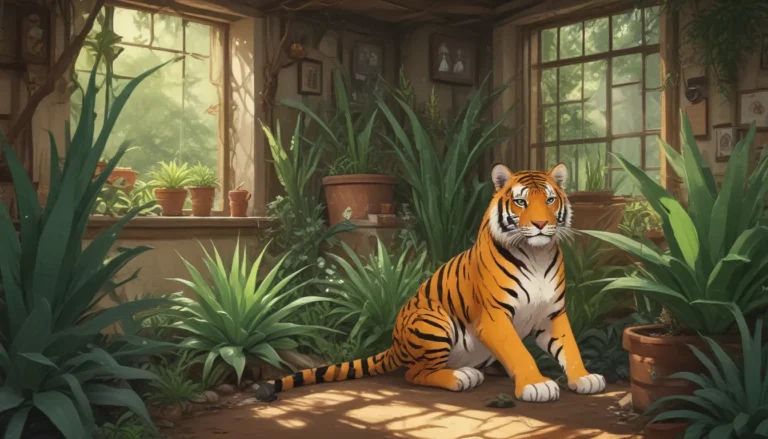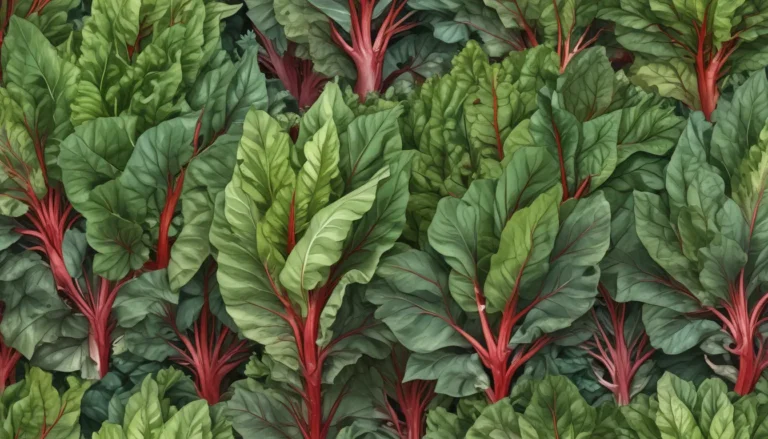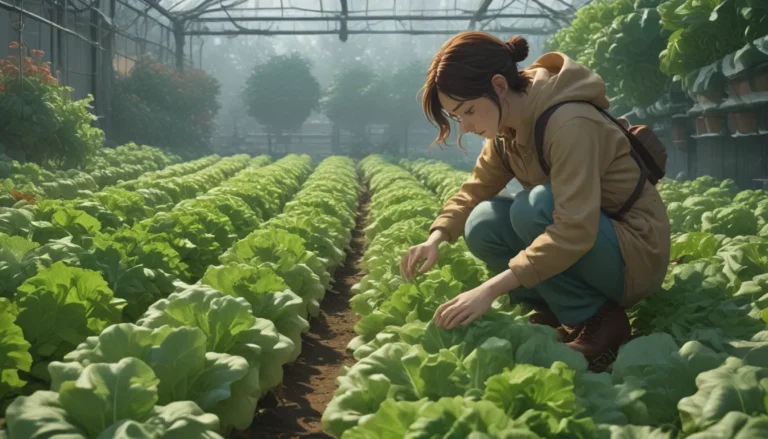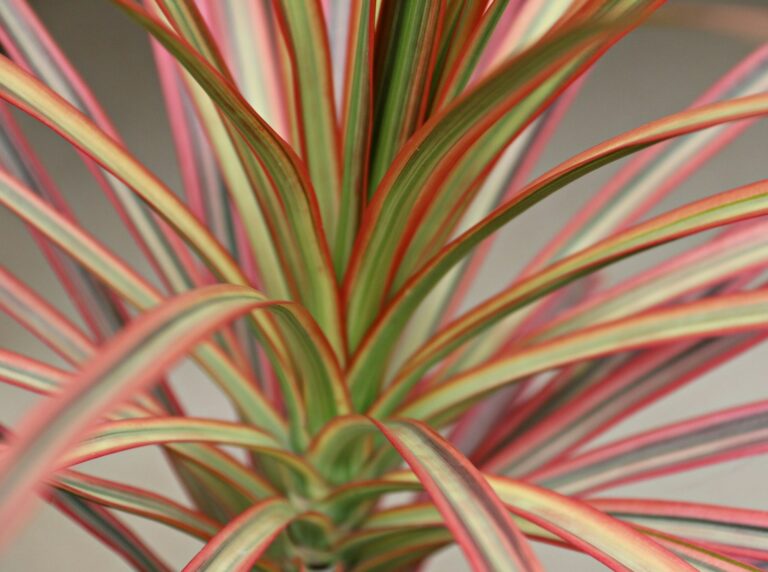Everything You Need to Know About Petunias: Tips for Winter Care and Beyond
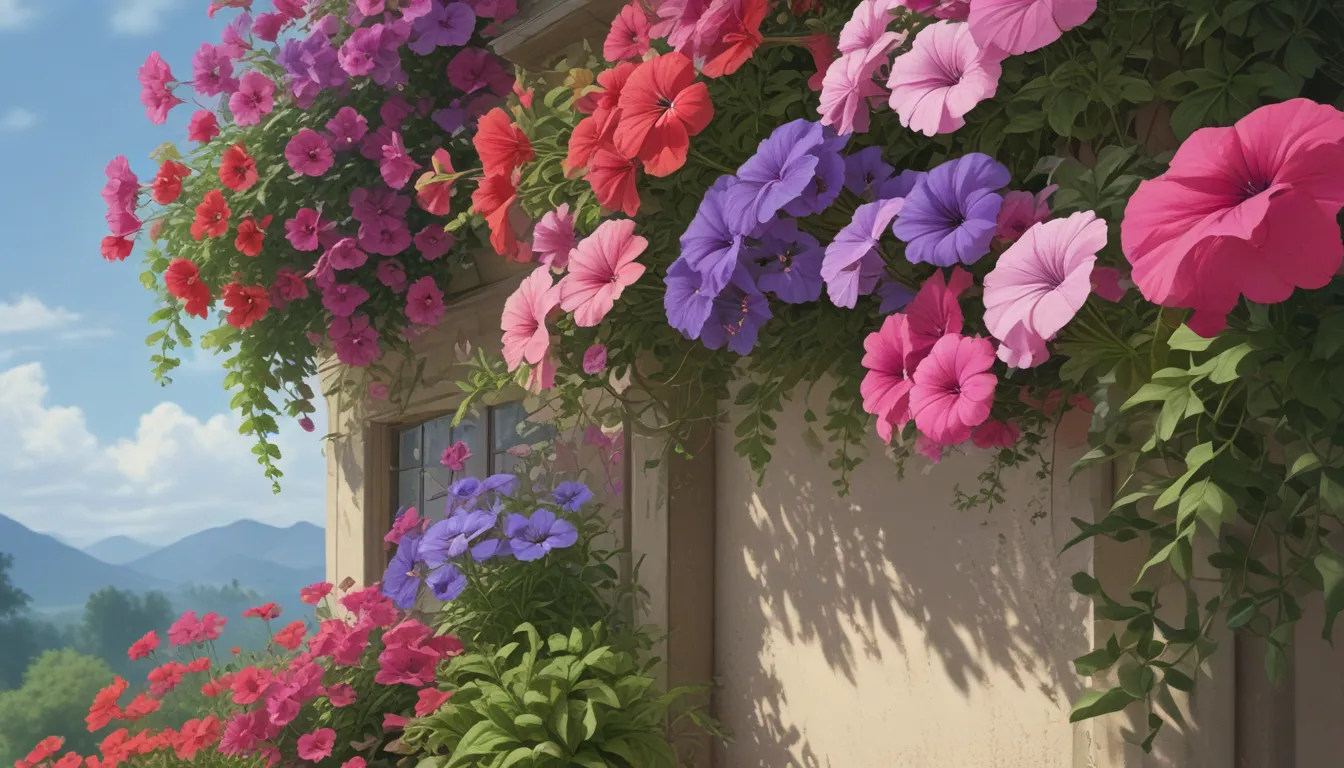
If you’re a petunia enthusiast, you know that these vibrant flowers bring a burst of color to your garden during the warmer months. But what happens when the temperatures start to drop? Are petunias cold-hardy? How can you ensure they thrive throughout the winter season? In this comprehensive guide, we’ll cover everything you need to know about caring for your petunias, whether you live in warm USDA Hardiness Zones 9 to 11 or cooler areas where petunias are grown as annuals.
Petunia Cold Tolerance
Petunias are not cold hardy plants. They thrive in temperatures ranging from 55 to 65°F at night and 61 to 80°F during the day. Anything below 40°F can be detrimental to petunias, with some varieties like Wave® petunias tolerating temperatures as low as 35°F. While they may survive a light frost or dusting of snow, prolonged exposure to freezing temperatures can be fatal to these delicate flowers.
What Is the Growing Season for Petunias?
The growing season for petunias varies depending on your location and climate. In warmer regions, petunias can be grown as perennials, thriving year-round with proper care. In cooler areas, they are grown as annuals, blooming from midsummer until the first heavy frost hits. It’s essential to start petunias indoors 8 to 10 weeks before the last frost date or purchase transplants to ensure they are ready to be planted outdoors in spring.
Winter Care in Zones 9-11
If you live in USDA Hardiness Zones 9 to 11, where petunias can be grown as perennials, you’re in luck. These flowers do not need to be winterized, as they will continue to bloom throughout the year. However, there are some maintenance tasks you can perform to ensure your petunias thrive during the winter months:
- Keep up with watering, even during fall and winter, to maintain soil moisture.
- Apply a new layer of mulch in October or November to retain moisture and suppress weeds.
- Fertilize container-grown petunias with slow-release fertilizer granules.
- Deadhead or prune faded flowers and leggy stems to promote new growth.
- Use fabric coverings to protect plants from unexpected frost or ice storms.
Tips to Extend Blooming in Cooler Zones
If you’re growing petunias as annuals in cooler zones, there are several strategies you can use to extend their blooming period and keep them healthy:
- Select compact or trailing varieties that are easier to cover during early frosts.
- Choose sunny locations for optimal growth, but provide shade during scorching summers.
- Deadhead regularly to promote continuous blooming.
- Prune plants back to half their height in midsummer to encourage new growth.
- Fertilize with balanced granular fertilizer and liquid fertilizer to boost energy.
- Provide ample space in containers to prevent overcrowding and ensure proper nutrient uptake.
- Use temporary coverings like row covers to protect plants from early frosts and cold temperatures.
By following these tips and tricks, you can enjoy vibrant petunias in your garden for longer, whether you’re in a warm or cool climate.
Can Petunias Chill Out?
With the right care and maintenance, petunias can provide year-round color and beauty in your garden. Whether you’re growing them as perennials or annuals, these versatile flowers can thrive with proper attention and care. Consider taking cuttings to overwinter indoors for a head start on next year’s blooms. Share your petunia winter care tips and tricks in the comments below and keep the conversation going!
Remember, petunias may not be cold hardy, but with a little extra TLC, you can enjoy their colorful blooms well beyond the typical growing season. Happy gardening!
Your garden will thank you for giving your petunias the love they deserve. By following these tips and tricks, you can ensure your petunias thrive through winter and beyond. Whether you’re in a warm or cool climate, these beautiful flowers will brighten your garden with their vibrant colors and delicate blooms. Don’t let the cold weather get you down – keep your petunias blooming with the care they need. Happy gardening!

